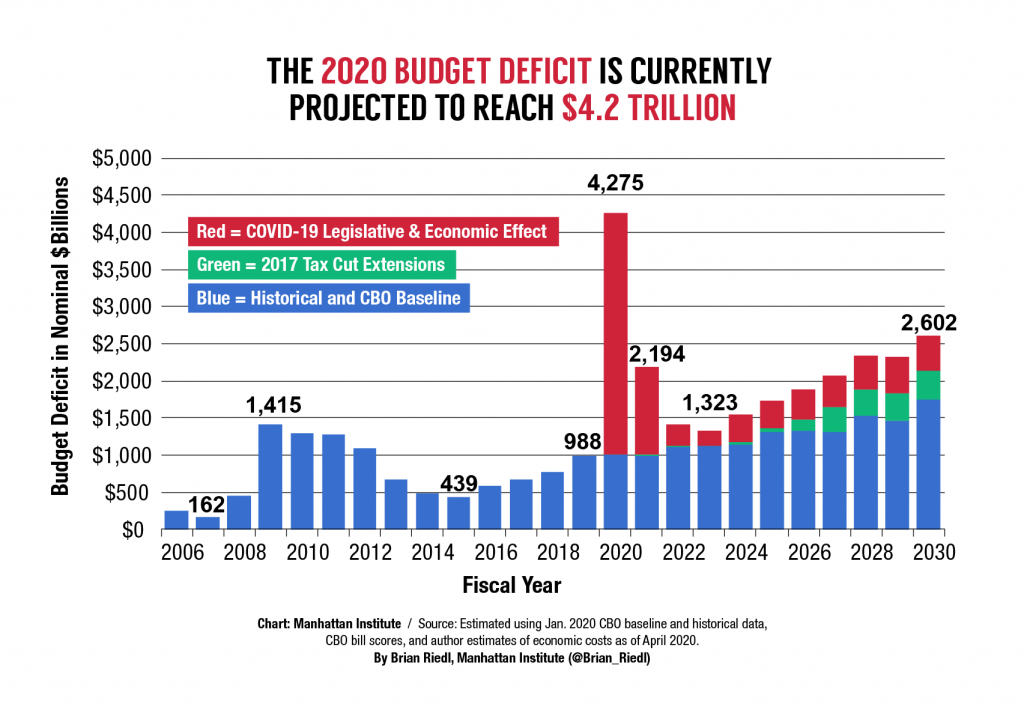We are officially through the looking glass.
In the wake of the apparent attempt to assassinate Donald Trump over the weekend, the RIGHT is now accusing the LEFT of instigating stochastic terrorism against the MAGA movement. For those of you not familiar with the term, stochastic terrorism is essentially political violence that has been sparked by inflamed rhetoric directed at a movement, a segment of the population, or even an individual.
And you know what? In a sense, the right is correct. Yes, Donald Trump and the far right represent an existential threat to the founding principles of our republic. There can really be no denying this. Read about “Project 2025,” the right’s blueprint for what the next Republican Administration ought to look like, and one is driven to that single conclusion. The right’s plans for the country would destroy our nation’s unique experiment in representative democracy.
That may seem like just the sort of dangerous rhetoric Republicans are currently complaining about. I get that. But it is also true.
The problem is, political rhetoric in the United States has been so extreme for so long that we seem incapable of dialing it back. I want to say that it doesn’t matter who started it or which side has committed more atrocities in their pursuit of political dominance, but I find it hard to type the words. Even as I try to craft a plea for moderation, for tolerance, for sanity, I also want to scream from the rooftops that the other side is responsible, is more guilty, has more blood on their proverbial hands. The wounds to our society run deep, and every election cycle we pick at the scabs, drawing fresh blood and renewed pain.
We hear about new acts of violence, and our reactions are tribal. One side claims, without foundation, that the perpetrator was a member of a political group on the other side. The other side claims something similar, or tries to argue that the whole event was “a false flag.” (Yes, both sides have done these things.) We await confirmation of our biases, eager for another opportunity to score points off of someone else’s misfortune. I am as guilty of this as anyone. I hate what I see in myself in those moments.
When it comes down to it, there is blame aplenty to go around. Is it really necessary to weigh the violence of January 6, 2021 against that of July 13, 2024? Isn’t it enough to say that both were unacceptable, that both were assaults on all the values we hold dear? Every new violation breeds more hatred, more recrimination, more hostility. And the circle of violence spirals further and further beyond our control.
I wish I believed that Donald Trump was man enough to say, in the wake of the apparent attempt on his life, “Enough! From this day forward, for the good of the nation, I will abandon my extreme rhetoric. I disagree with Joe Biden and the Democrats on a host of issues, but we are all Americans, and we owe it to our country and children to discuss those differences rationally, peaceably, without threats of violence, whether implicit or explicit.”
I’m sad to say that I don’t believe he is capable of saying such a thing. Rather, I fully expect him to turn the screw again, to ratchet up tensions even more.
We are playing a perilous game of rhetorical chicken. People died as a result of January 6th. People died on Saturday. How many more need to be killed before we come to our senses? Do we really have to take our country to the brink of (another) civil conflict before we come to our senses? That would be a tragedy. Another in a long line.
Enough.
Stay safe. Have a good week.










 Our girls LOVED Sewanee Fourth of July when they were young. We would give them a bit of cash, help them meet up with friends, and then pretty much say goodbye to them for the day. It’s a small, safe, friendly town, and we never worried about them. They always found us eventually, sunburned and sweaty, their faces covered in face-paint, their pockets stuffed with candy that was thrown to kids by the parade participants. We’d go home, have a nap and some dinner, not that any of us was very hungry, and then, after covering ourselves with bug spray, would make our way to the fireworks venue.
Our girls LOVED Sewanee Fourth of July when they were young. We would give them a bit of cash, help them meet up with friends, and then pretty much say goodbye to them for the day. It’s a small, safe, friendly town, and we never worried about them. They always found us eventually, sunburned and sweaty, their faces covered in face-paint, their pockets stuffed with candy that was thrown to kids by the parade participants. We’d go home, have a nap and some dinner, not that any of us was very hungry, and then, after covering ourselves with bug spray, would make our way to the fireworks venue. And one more point I would like to make. Interest on the national debt currently gobbles up 8 cents out of every tax dollar. The budget deficit for 2020 was $3.7 TRILLION (slightly less than the chart above projects — I included the chart for the trend line). Even before the pandemic hit, necessitating emergency spending, the Trump tax cuts had driven projected deficits way up over where they were by the end of the Obama Administration. Some will try to tell you that those tax cuts simply returned money to the pockets of Americans. Bull. Every dollar that Donald Trump added to the deficit increased that interest expenditure I just mentioned and forced the rest to pay more. By skewing his cuts to the wealthiest among us, he basically forced the rest of Americans to subsidize a tax cut for the rich.
And one more point I would like to make. Interest on the national debt currently gobbles up 8 cents out of every tax dollar. The budget deficit for 2020 was $3.7 TRILLION (slightly less than the chart above projects — I included the chart for the trend line). Even before the pandemic hit, necessitating emergency spending, the Trump tax cuts had driven projected deficits way up over where they were by the end of the Obama Administration. Some will try to tell you that those tax cuts simply returned money to the pockets of Americans. Bull. Every dollar that Donald Trump added to the deficit increased that interest expenditure I just mentioned and forced the rest to pay more. By skewing his cuts to the wealthiest among us, he basically forced the rest of Americans to subsidize a tax cut for the rich.